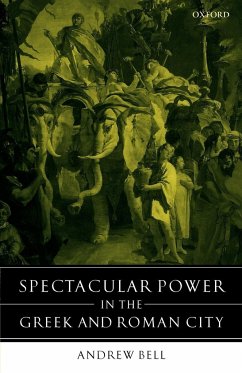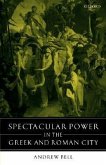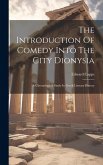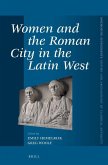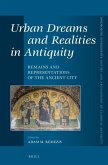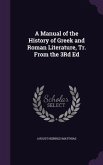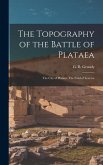In the cities of Greece and Rome, politicians and kings sought to be seen as celebrities. They tried to appear wondrous and exciting to citizens and subjects. This study shows some of their methods and so reveals the importance of political advertisement and spectacle in societies that saw great kings but also pioneered democracy and republicanism.
This study of the visible representation of power and prestige in both Greek and Roman polities of the ancient world demonstrates the importance of crowds' aesthetic and emotional judgement upon leaders and their ambitious claims for immediate and lasting significance. The spectacular rhetorics of a variety of individuals, from early Greece until the end of the Roman Republic, are considered, including Alcibiades, Demetrius Poliorcetes, the early Ptolemies, Antiochus IV, Pompey,
Cicero, and Caesar. Great men sought visible pre-eminence and their methods and success reveal a great deal about the habits and values of their civic societies.
This study of the visible representation of power and prestige in both Greek and Roman polities of the ancient world demonstrates the importance of crowds' aesthetic and emotional judgement upon leaders and their ambitious claims for immediate and lasting significance. The spectacular rhetorics of a variety of individuals, from early Greece until the end of the Roman Republic, are considered, including Alcibiades, Demetrius Poliorcetes, the early Ptolemies, Antiochus IV, Pompey,
Cicero, and Caesar. Great men sought visible pre-eminence and their methods and success reveal a great deal about the habits and values of their civic societies.

